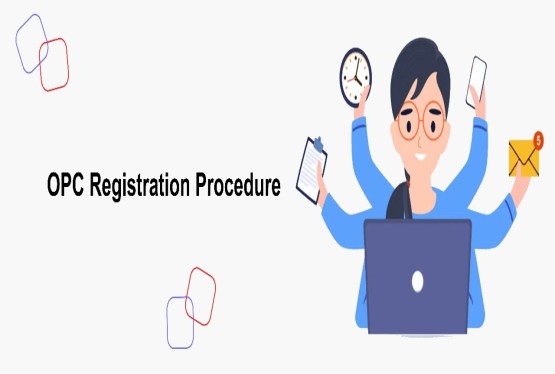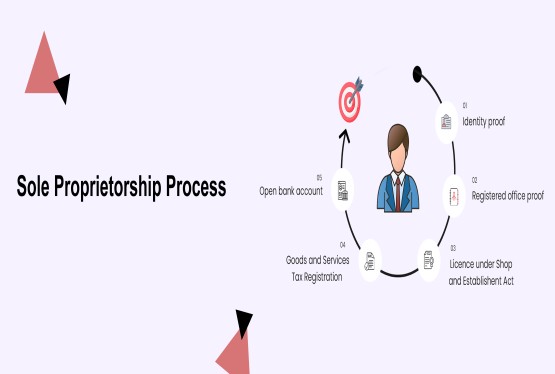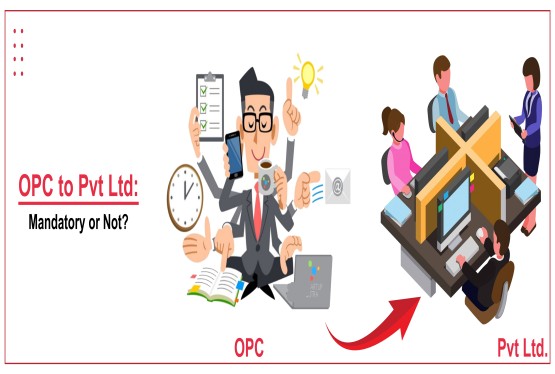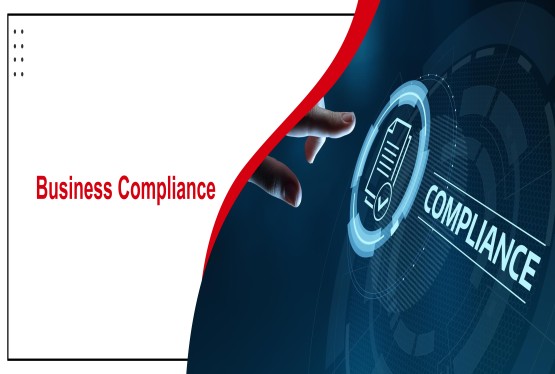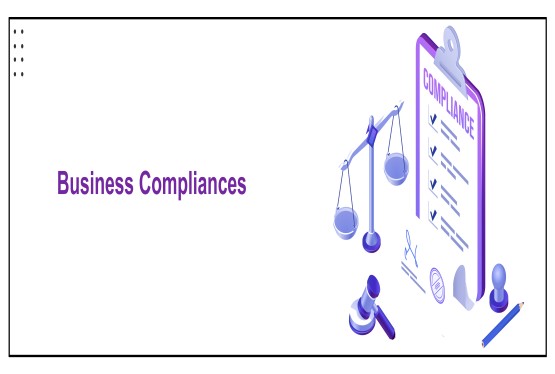India has witnessed remarkable growth in the startup ecosystem in recent years, fuelled by the ambitious dreams of young entrepreneurs. According to the Ministry of Corporate Affairs, around 15,000 new startups emerge in India every month, trying to carve a niche in the competitive market. However, the survival rate tells a different story only about 20% manage to sustain themselves, and an even smaller percentage, roughly 0.001%, achieve notable success over time. The low success rate can often be attributed to factors like limited operational scope, insufficient profits, and restricted opportunities for growth and expansion. Alongside these challenges, common mistakes made during the initial stages, such as company registration, also contribute significantly to startup failures.
For entrepreneurs stepping into the industry for the first time, delving into the technical and legal aspects of company incorporation might seem overwhelming. Despite the government simplifying the process through the MCA portal, which enables a fully online and user-friendly registration experience, many startup owners still stumble upon common errors. These errors, although seemingly minor, can lead to significant consequences, including penalties and operational disruptions.
This article aims to highlight some of the frequent mistakes made during the company registration process and offer practical advice to avoid them. Seeking professional assistance for Company Registration is a good choice to ensure a smooth and error-free registration. Compliance Calendar LLP have a team of experts who can help you in applying Company Registration online without any mistakes or any delay.
Some Common Mistakes to Avoid During Company Registration in India
The following are some common mistakes to avoid during company registration in India
Not selecting the right business structure
When registering a business in India, one might select one of the following important business structures:
-
Private limited company
This decision can be determined depending on a variety of criteria, including cash flow, size, and future development and growth potential for your organization or firm. Private limited companies provide flexibility to small firms by requiring a minimum of two shareholders and directors. Public limited corporations, on the contrary, are better suited to bigger businesses and require a greater number of directors and stockholders. OPCs are excellent for individual business owners who desire to manage and take on all of the company's duties.
Tax Implications
Various legal arrangements have varying tax implications. A sole proprietorship, for instance; is taxed as a pass-through organization, which means that the business owner must record the business's profits and losses on their personal tax return. This can be advantageous for firms with modest profits, but it can also subject the business owner to personal accountability for the company's debts and losses. In contrast, a corporation is a legal entity that exists independently of its owners. This means that the corporation is responsible for its own liabilities and losses, whereas its proprietors are typically not personally liable for them.
Liability
Varying legal regimes provide different amounts of liability protection. For example, a sole proprietorship is liable fully. This means that the business owner is personally responsible for all of the company's obligations and losses. A corporation, on the contrary, provides minimal liability protection to its owners. Hence the owners are usually not personally accountable for the company's debts and losses. Flexibility: Different legal regimes provide varying degrees of flexibility. For example, a sole proprietorship is a flexible legal structure, but it provides the least liability protection.
Filing incorrect paperwork
Filing paperwork with erroneous or insufficient details may cause your business's registration to be delayed or, rejected. Because the registration process needs the submission of supporting documents, these documents must be uploaded after valid attestation with the owner's Digital Signature Certificate (DSC).
Neglecting or avoiding taxes
Another important step in establishing the company, or after you have registered your firm, is not to forget or miss to pay the necessary taxes to operate it. Entrepreneurs must register for all appropriate local, state, and governmental taxes. Businesses are subject to a wide range of taxes and other government regulations. It is important to be aware of the relevant tax and other government registration procedures for your firm.
Providing improper company information
The application submitted for incorporation of a company requires a full description of the company. This should include the company name, the nature of its operations, current location, distinctive brand identity, target client demographic, and, most importantly, the company's primary objectives. This extensive company description, formalized throughout the incorporation process, serves as the foundation for key papers such as the Memorandum of Association (MoA), Articles of Association (AoA), and policies.
Unnecessary appointment of directors
Not everyone among a company's shareholders must serve as directors. An effective board of directors (BoD) should be made up of a diversified group of shareholders, market analysts, lawyers, and industry specialists. The Board of Directors makes important decisions for the company, which requires an amalgamation of expertise, experience, and knowledge that not all shareholders possess.
Not pursuing professional help
Most startup founders are unaware of or ignore the rules that must be followed when beginning a business. They may omit this as paying professionals to assist with these regulations could prove to be costly. What individuals don't comprehend is that the penalties for breaking these regulations are significantly higher. If legal action is initiated against your firm, it may be compelled to close. So, to avoid these significant issues, it is essential to contact professionals that can assist with complying with every one of the regulations that are required.
Overlooking Licenses
If the necessary particular to a sector licenses, certifications, and permits are not secured in advance of filing the paperwork, the business's registration procedure may be abruptly halted or rejected. The optimum approach is to figure out which industry-specific licenses the business requires. Some of the specific licenses that you may require based on your business needs are, for example- Drug License for pharmaceutical firms, FSSAI Licence for organizations dealing with food, Import-Export Code (IEC): For businesses that import and export items.
Overlooking Regulatory Framework
Firms should be aware of Indian restrictions before registering their firms. Breach to disregard or comply with these rules may result in serious legal consequences, including penalties. It is always a good idea to stay up with regulatory modifications and improvements. This can help to avoid any unneeded issues that might postpone the company's registration process.
FAQs
Q1. What are the different business structures accessible in India?
Ans. In India, enterprises can register as: a. Private Limited Company: Best for small to medium-sized businesses, with at least two shareholders and directors. b. Public Limited Company: Ideal for large companies with multiple shareholders and directors. c. One-Person Company (OPC): This is ideal for single entrepreneurs who want to handle their business autonomously. Each structure has different legal, tax, and liability concerns.
Q2. What happens if I enter insufficient or erroneous information during the registration process?
Ans. Submitting incomplete or erroneous information, such as flaws in the Digital Signature Certificate (DSC) or missing corporate information, might cause registration delays or rejection. Ensure that all necessary paperwork are accurate.
Q3. Why is it important to recruit professionals while beginning a business?
Ans. Professionals assist with legal compliance, such as creating the Memorandum of Association (MoA) and Articles of Association (AoA), obtaining industry-specific permits, and registering for taxes. Noncompliance might result in significant fines or possibly legal action against the business.
Q4. What licenses are typically necessary for enterprises in India?
Ans. Specific licenses may be required, such as:
-
Drug Licence: For pharmaceutical companies.
-
FSSAI Licence: For food-related enterprises.
-
Import-Export Code (IEC): For enterprises that do cross-border trading.
Obtaining these permits early can help to avoid delays or rejection during registration.
Q5. What are the most important tax registrations for businesses to complete?
Ans. Businesses in India must register for the necessary taxes, which may include:
-
Income tax.
-
Other sector-specific taxes are determined by state or federal regulations.
Staying tax-compliant is an important for avoiding legal and financial consequences.












_crop10_thumb.jpg)





_crop10_thumb.jpg)




























-Form_crop10_thumb.jpg)

_crop10_thumb.jpg)























_learn_crop10_thumb.jpeg)































_crop10_thumb.jpg)

_crop10_thumb.jpg)





















_crop10_thumb.jpg)















_for_Foreign_Directors_learn_crop10_thumb.jpeg)




_Act,_2015_learn_crop10_thumb.jpg)



































_learn_crop10_thumb.jpg)






















